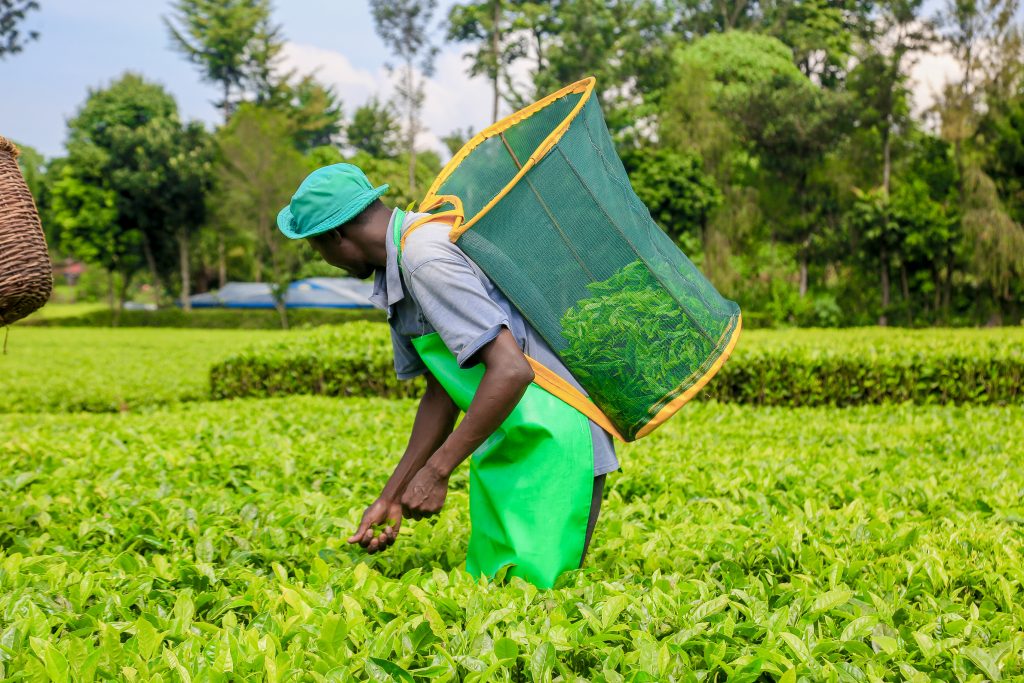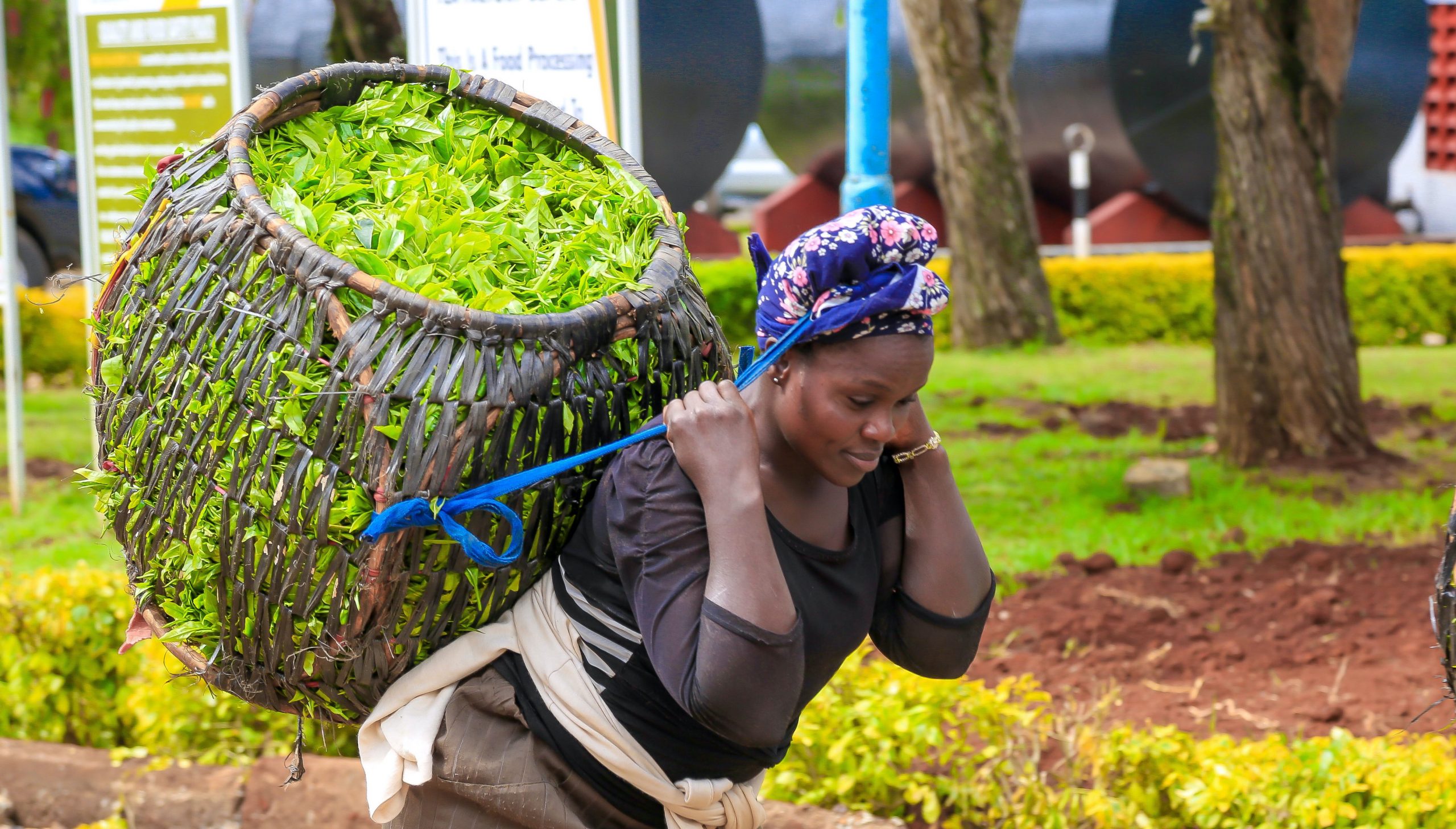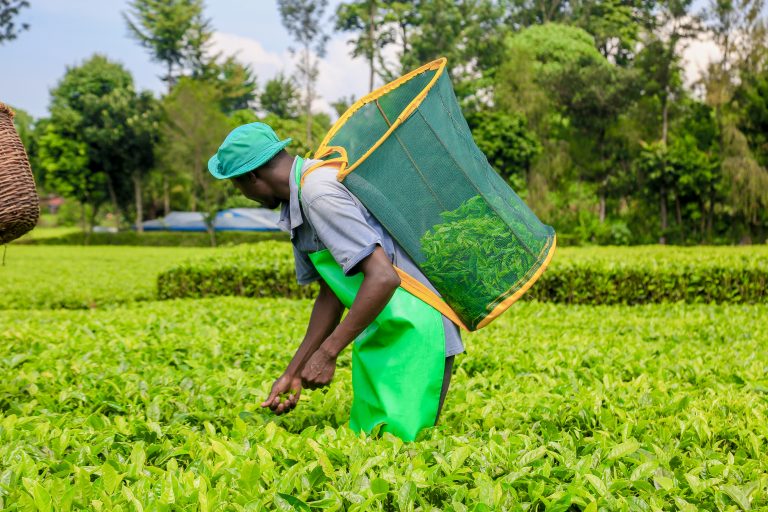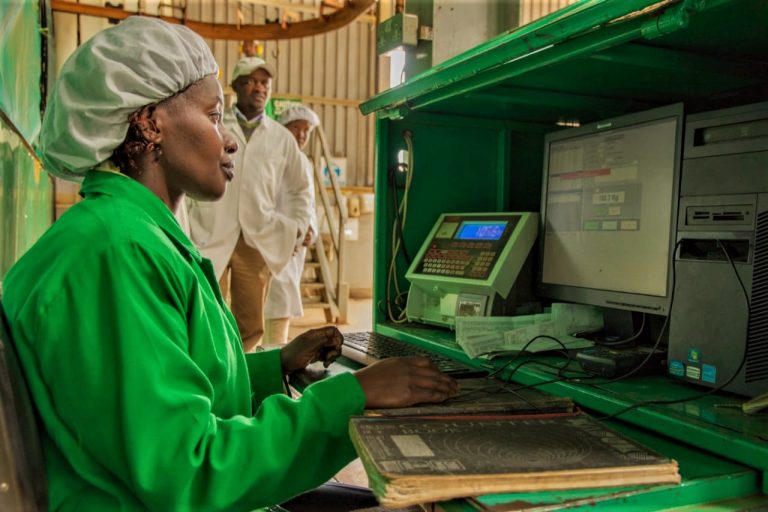By Kimuri Mwangi
Tea farmers across the country have voiced anger and frustration after the Kenya Tea Development Agency (KTDA) declared a lower second payment, popularly known as the bonus, compared to last year. Many say the reduced earnings are a blow to their livelihoods, especially as they struggle with high production costs, school fees, and household needs.
The sharp decline has been felt across regions. In the East of Rift, Kiambu fetched KShs 371 per kilo, a drop of 46 shillings from last year; Murang’a earned KShs 376, down by 42; Nyeri earned KShs 388, down by 42; Kirinyaga earned KShs 400, down by 38; Embu earned KShs 404, down by 34; and Meru earned KShs 381, down by 46.
In the West of Rift, the losses were even greater. Kericho earned KShs 245 per kilo, a drop of 101 shillings; Bomet earned KShs 209, down by 85; Nyamira earned KShs 266, down by 106; Kisii earned KShs 246, down by 95; while Nandi/Vihiga earned KShs 208, down by 66.

Farmers argue that the reduction undermines the value of their hard work. They say the bonus, which many rely on to pay debts and run their households, has become increasingly uncertain.
KTDA attributed the drop to international market conditions and exchange rate fluctuations. “In 2024, the Kenyan shilling traded at an average of KShs 144 to the US dollar, while in 2025 the average was KShs 129. This weaker exchange rate meant that even where international prices were stable, the amount realized in Kenya Shillings was significantly lower,” the agency stated.
KTDA also explained that differences in payments between East and West of the Rift stem from “quality factors, market dynamics, and cost structures.” Teas from high-altitude zones, it said, naturally fetch higher prices due to their quality attributes favoured in global markets.
The agency further noted that some factories were harder hit by suppressed global demand and operational costs, which reduced net earnings. It emphasized that independent producers and plantation companies in the West of Rift outside KTDA reported similar difficulties, confirming the disparities were “market-driven and not unique to KTDA-managed factories.”
KTDA cautioned against politicizing the issue. “Bringing politics into factory operations only harms farmers. The surest way to safeguard incomes is through maintaining high-quality green leaf, disciplined factory management, and adherence to good agricultural practices,” it said.
According to the agency, gross revenues earned this year already covered monthly farmer payments and operational costs, including processing, marketing, and logistics. The final bonus payout is therefore the balance after these deductions. KTDA acknowledged that the amount is “understandably disappointing to many,” but maintained that it is a direct reflection of global trading conditions beyond its control.
Looking forward, KTDA outlined measures aimed at stabilizing farmer incomes. These include expanding the production of orthodox teas, which fetch higher prices in niche markets, to reduce reliance on CTC teas. The agency is also working with the government to promote value addition, reduce packaging costs, and open new markets, including China. Additionally, investments are being made in factory modernization and energy solutions to cut costs and improve competitiveness.
For farmers, however, the assurances have done little to ease their immediate frustrations. Many say that unless the promised reforms yield results soon, shrinking bonuses will make it increasingly difficult to sustain tea farming as a livelihood.





